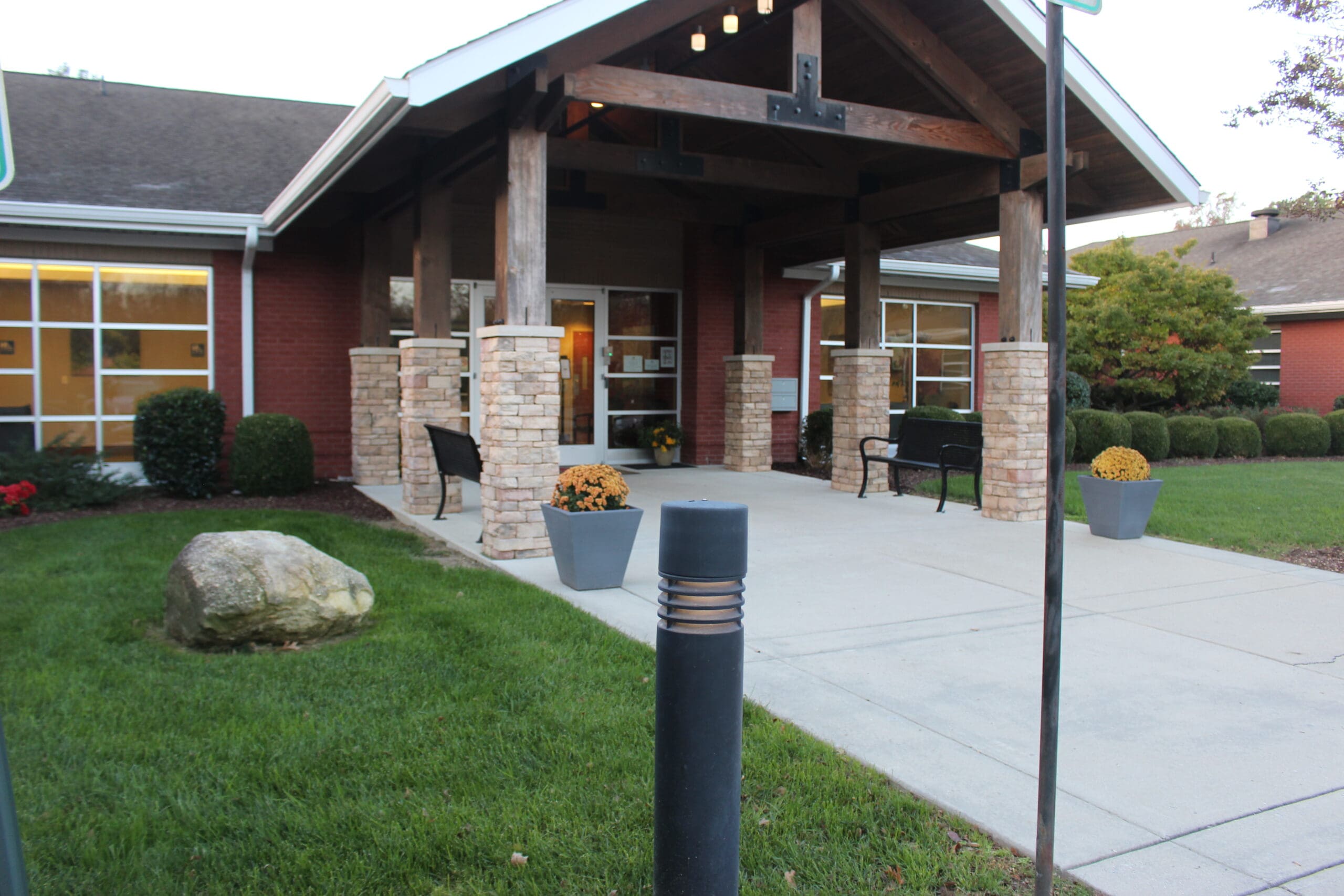Mental health issues are much more common than most people believe. According to the National Institute on Mental Health, more than one in five U.S. adults are living with a mental illness that affects their day-to-day functioning.
At Raleigh Oaks Behavioral Health in Garner, North Carolina, we believe no one should have to suffer in silence. Our comprehensive programs, featuring both inpatient and outpatient treatment options, are personalized to fit individual needs and designed to help patients learn to manage their conditions so they can face the future with confidence.
Conditions We Treat
Although it’s true that mental health conditions can’t be treated as easily as you’d treat someone with a physical injury, that doesn’t mean nothing can be done. With treatment, people with mental illnesses can learn to manage their conditions and live healthy, fulfilling lives.
At Raleigh Oaks, our experienced team of behavioral health professionals provides evidence-based treatment for a wide range of mental health conditions, including:
- Depression. People who are suffering from depression often experience a loss of interest in activities they once enjoyed, along with significant changes in appetite and sleep patterns. Difficulty concentrating, making decisions, and a general sense of fatigue or loss of energy are common symptoms. In severe cases, individuals may have thoughts of death or suicide.
- Anxiety disorder. Anxiety disorders involve excessive worry or fear that interferes with daily activities. People with anxiety often feel restless or on edge, have difficulty concentrating, and may experience irritability. Sleep disturbances are common, as are physical symptoms such as rapid heartbeat, sweating, or trembling. These symptoms can be overwhelming and may lead to avoidance of certain situations or places—impacting work, school, and personal relationships.
- Bipolar disorder. Bipolar disorder involves alternating periods of mania and depression, resulting in extreme mood swings. During manic episodes, individuals may exhibit impulsive or risky behavior, need less sleep, and experience feelings of grandiosity or inflated self-esteem. Depressive episodes are similar to those of major depression, featuring low mood, lack of energy, and loss of interest in activities.
- Schizophrenia. Schizophrenia affects a person’s ability to think, feel, and behave clearly. Key symptoms include delusions (false beliefs), hallucinations (seeing or hearing things that aren’t there), disorganized speech or behavior, and a lack of emotional expression. People with schizophrenia often struggle with social interactions and self-care. They may face cognitive challenges such as problems with attention and memory. This illness can significantly impact a person’s ability to function in daily life and maintain relationships—necessitating comprehensive, long-term treatment, and support.
- Dual diagnosis. The term dual diagnosis is used when a person has both a mental health disorder and a substance use disorder. This presents unique challenges due to the complex interactions between mental health symptoms and addiction. Those with dual diagnosis face an increased risk of relapse if both conditions aren’t treated simultaneously.
Our facility also offers special treatment options for seniors, since aging brings a unique set of challenges that can affect mental health and overall well-being. Seniors who’ve lost a loved one, experienced historical health challenges, or struggled to navigate the transition to retirement can find themselves in need of mental health treatment—even if they have no previously documented mental health issues. Our multifaceted approach combines medical support, holistic support, and social services to help seniors maintain quality of life and emotional well-being in their later years.
Levels of Care
Our inpatient care program begins with assessment and diagnosis for patients in crisis, followed by on-site treatment at our Garner facility. A psychiatrist-led clinical team provides care, support, and medication as needed during the inpatient stay with the goal of gradually transitioning patients through less intensive treatment levels as their condition improves. Additionally, the program includes physician-led multidisciplinary treatment teams, coordination and discharge planning with outpatient services, community providers, outside agencies, and family members, as well as evidence-based recreational therapy.
Our comprehensive outpatient care services include Intensive Outpatient Programs that help patients juggle obtaining the care they need with work and family responsibilities. Patients have multiple entry points into the program: they can join directly following an initial assessment and referral, or transition from inpatient care. IOP is scheduled Monday through Friday, from 5:30 p.m. to 8:30 p.m.
Regardless of the specific treatment option you choose, we’re committed to making care as affordable as possible. We accept most private insurances, as well as Medicare and Medicaid. Payment plans and financial assistance may also be available.
Your Free, Confidential Assessment Awaits
If you think you may need mental health support, we encourage you to reach out for a free, confidential assessment. Our compassionate team is ready to:
- Listen with open hearts and minds
- Ask the right questions to help uncover your unique needs
- Craft a personalized roadmap to your brighter tomorrow
Why wait for tomorrow when healing can begin today? Pick up the phone and call us. You’re not just making a call—you’re opening the door to a new chapter in your life’s story. Reach out now, and let’s turn the page to the best version of you.





